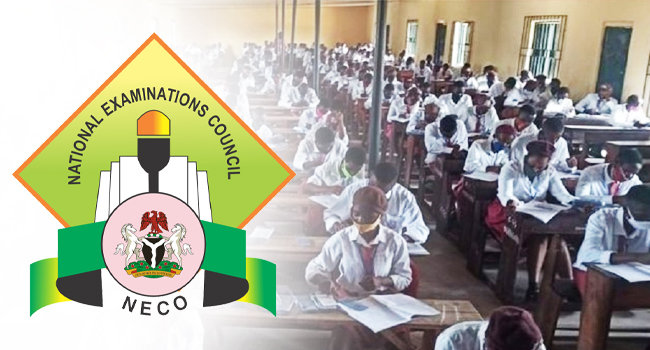
How ‘Great Bloomers School’ Metamorphosed from Crèche to One of Lagos’ Best, Award-Winning Institutions—Proprietress
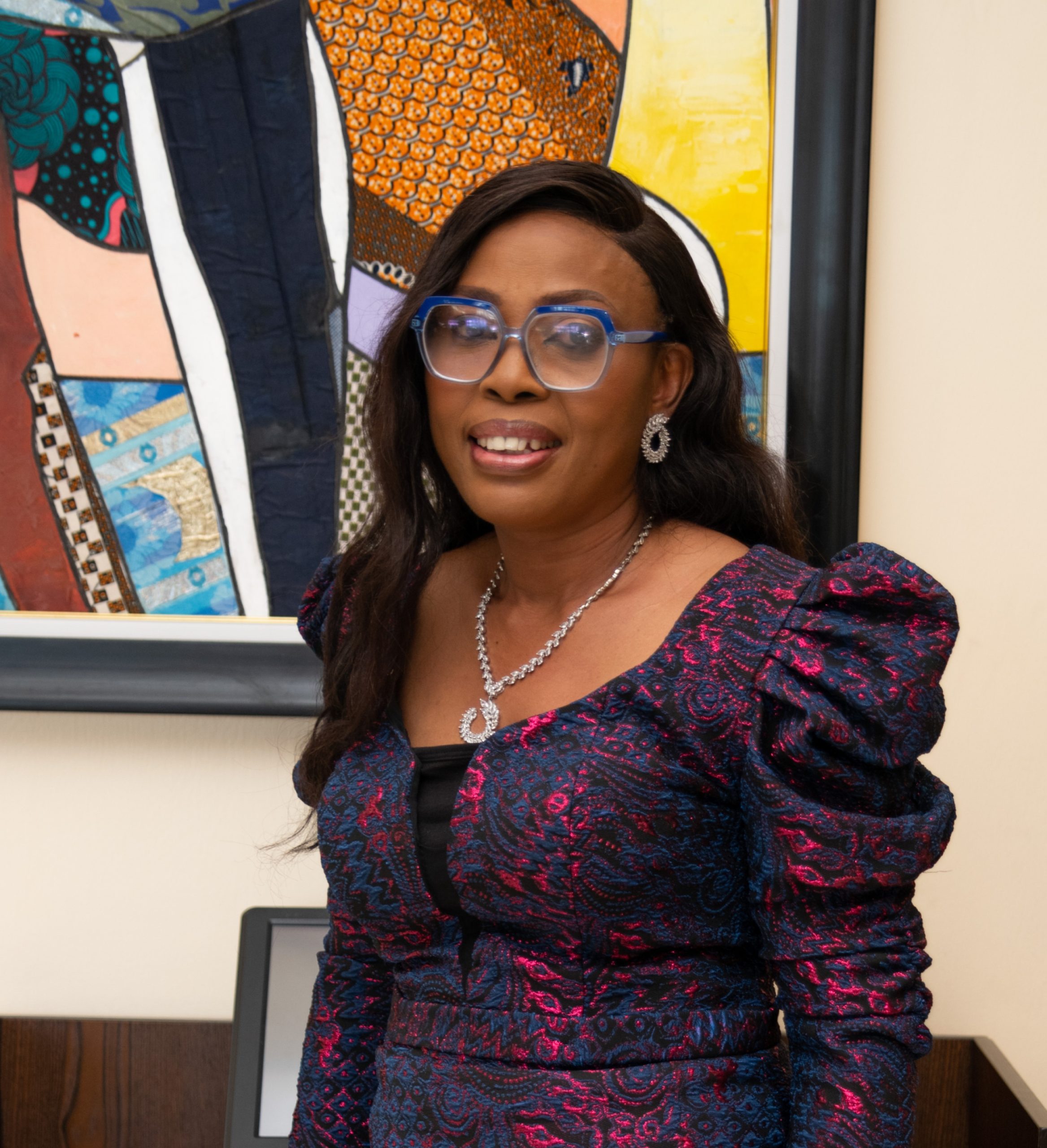
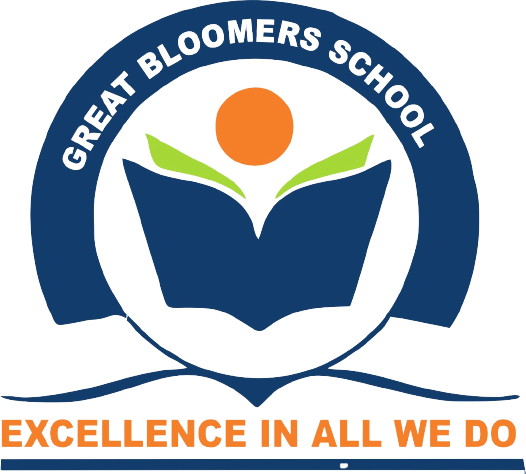
The Chief Executive Officer of Great Bloomers School, Mrs. Jaiyeola Jolaosho, has shared the story of her institution’s inception, attributing its success to her passion for children.
Great Bloomers School stands as one of the best private schools in Lagos, distinguished by numerous prestigious awards.
During an interview with journalists in Lagos, Jolaosho recounted how she established the school as a creche in 2012 while also acknowledging the necessity of upholding moral, academic, and social standards among the children under her care, which served as the impetus for founding the institution.
“I am a lover of children. Over the years, I noticed that I grew up loving children. I don’t know how that came about, but I know that the only thing you could get me to do easily was to have children around me. When children are left in my care, when their parents leave them for work, they return, meeting them fully attended to. However, this is not the situation when I am asked to do other things. Looking after children is something I like to do a lot. This has, in different forms, pushed me into so many things that I eventually did or that I’m still doing as I am growing up.
“One of those things is the fact that even in church, I have been in the children’s department for almost 25 years, if not more.
“I’ve always been with children, and because I also wanted children in my social life, I thought of running a creche, even though my first set of degrees were not in the field of Education. We started the creche in 2012, and I was happy with the status of my clientele. In order to progress with the children, I felt the need to pursue a Post Graduate Diploma in Education (P.G.D.E) so that I could keep the children engaged properly. When we started the primary school year in 2017, we decided to grow the school organically, we admitted every class based on our pupils progress in the school,” she said.
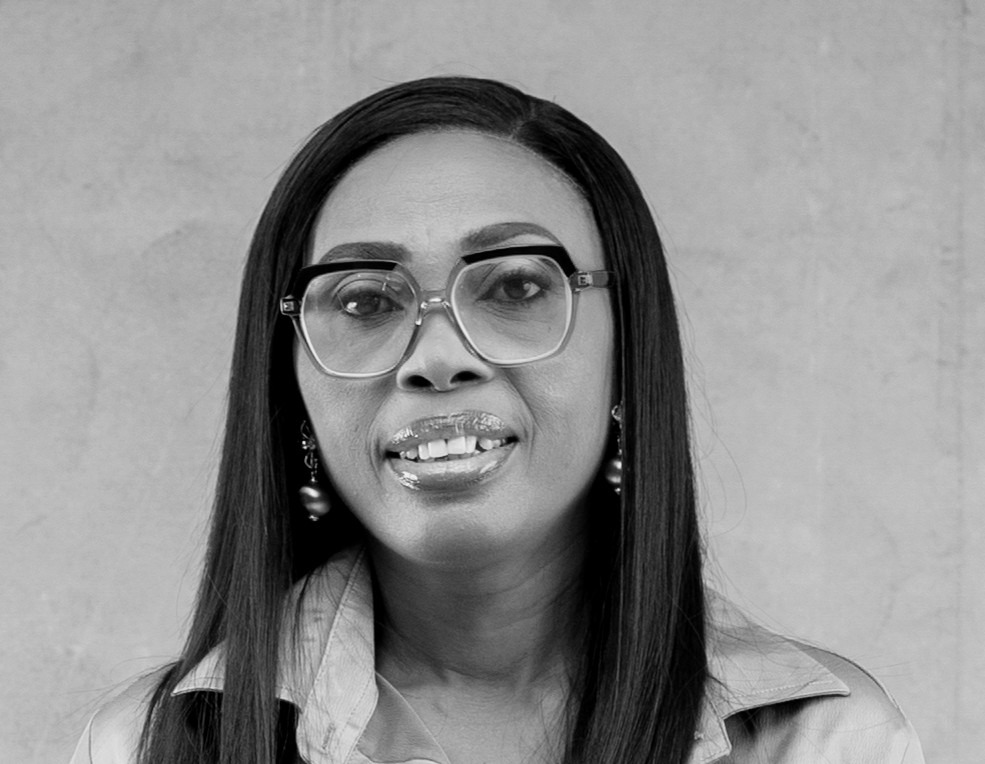
Noteworthy among the array of awards won by the school is a pupil who clinched the 1st position in the Children of Africa Spelling Bee competition.
“And I remember that our Lower Elementary pupils participated in the Spelling Bee competition organized by the Children of Africa Foundation, where we emerged 3rd place. This was a good feat for us, as we were encouraged to participate in the next year’s competition, where we enrolled the pupils of our upper elementary classes for the 2021/22 edition. At this point, we emerged 1st overall, and that gave us the motivation to do more. With our success in English, we decided to pay more attention to mathematics as well. Hence our recent award-winning performance at the Ultimate Mathematics Ambassador (TUMA) 2024 ,” she added.
Speaking further, the school administrator, berated the quality of the curriculum implemented in Nigeria, noting its lack of sophistication, which contributes to the difficulty the Nigerian university graduates face in getting the right employment in the labour market.
Jolaosho emphasized that Great Bloomers School stands out among other institutions because of its unique blend of Nigerian and British curricula, complemented by its competent and outstanding staff members.
She firmly believes that proactivity, intentionality, productivity, and remediation, which constitute her core values, form the robust foundation upon which the school has been built and have consistently produced significant results.
READ ALSO: Economic Hardship: Be Patient With My Father—Tinubu’s Daughter Begs Nigerians
“One thing I could tell about myself and the team is the fact that we are very, very intentional and I think for me, I see life as having three major goals, which are: “Proactiveness”, “Intentionality”, and “Remediation”. Intentionality for me comes from these questions: What do we want to achieve? How do we want to achieve it?
“What are we putting in place? Why do we want to put this thing in place? And that’s where our goals come from. As much as we are a school, we have some goals. The goal is to make an excellent child and to be the best school in Lagos, as we speak now, and probably globally eventually. The way to arrive there, however, is to be very intentional. What are we looking at? How do we groom the student to achieve that? Because we will not write their exams for them, especially the external exams, they have different examiners, who do not know us, and the questions will be based on what the examiners expect them to know.
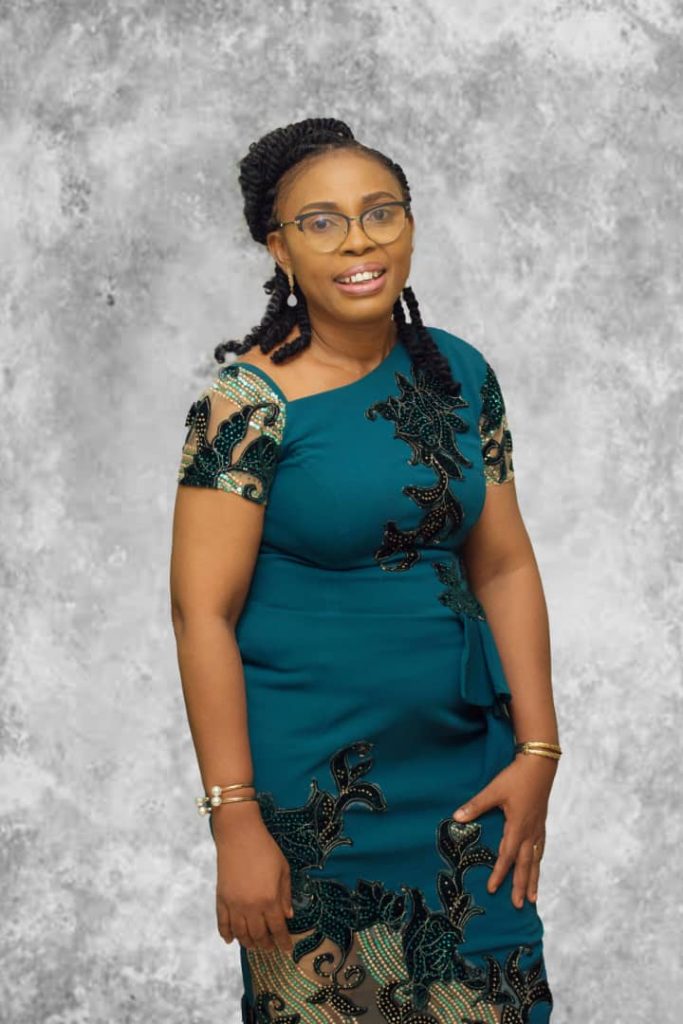
“Like I’ve said earlier, the three major things we need in the Nigerian educational system are the following words: “Proactiveness,” “Intentionality,” and “Remediation.” Intentionality, look at what we want to achieve as a state or a country. What we want to achieve as parents? What we want to achieve as a school or an institution, then the next question is, “What do we do to achieve this?
“And that’s where proactiveness comes in. It should not be a reaction to a situation that has already happened. Majority of the things we do in this country are reactive; otherwise, things would’ve happened, and we will now react. We must stop this and show a lot of proactiveness. We must think about what will happen in the next 10 years and what can be done to achieve or avoid it.
“For instance, today, you see, there are some graduates out there who cannot put together simple essays.
“That’s because somebody has left his/her work undone. If we have been proactive enough, we would know that in another three or four years, these ones will be out of school and would require that basic knowledge of letter writing to apply for jobs. Unlike education in the western world, which is more applicable to life situations, our graduates are trained to depend on materials and templates, which may not necessarily be applicable to the opportunities available to them.
“Our approach of giving back the exact way we were taught has not taken us very far, as we will all agree with me that the things we do today in the workplace may not be the exact things we were taught. We are so focused on our teachers views, as we were trained “The rote learning format”, which only helps us divulge the exact lessons we were taught
“This takes me to the kind of curriculum we operate here. We operate the “Nigerian curriculum, which is very important for us because we reside here. We also operate the British curriculum, which offers a blended curriculum. Although the Nigerian curriculum is very vast and robust, a lot of learning involves cramming, unlike the British curriculum, which deals more with applications.
“So I believe that the issue with the Nigerian curriculum is the direct method of questioning, where we are taught to spill out the answers exactly the way we were taught. I would rather suggest that our questions are set to reflect, internalizing and apply to arrive at the answers.
“If this is applied, we will discover that we will have less issues with applications in the workplace, since we can all attest to the fact that most of the things we do today are mere applications of what we have learned and not direct renditions. May I say it in the BLOOMERS voices:” WHY WOULD YOU NOT ALLOW ME TO THINK ABOUT IT IF I AM EVENTUALLY APPLYING IT TO MY EVERYDAY LIFE?”. So, my take is, let’s help our children understand that application is better than “Rote learning”. Let’s deviate from its use as much as we can,” she said.








